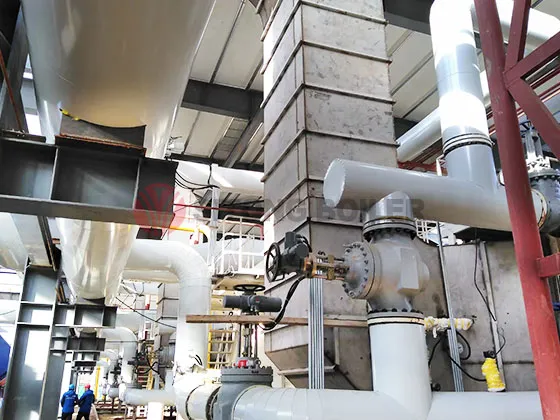Islamabad: Upcoming decision by the National Electric Power Regulatory Authority (Nepra) to approve a significant increase in the Fuel Cost Component (FCC) for baggasse-fired Independent Power Producers (IPPs).
The FCC will rise by approximately 60%, from Rs 5.98 per unit to Rs 9.87 per unit, as part of a tariff revision petition filed by nine baggasse-fired IPPs with the Central Power Purchasing Agency – Guaranteed (CPPA-G).
Baggasse-fired Bagasse-fired refers to the use of bagasse, the fibrous residue of sugarcane after juice extraction, as a fuel source, typically in boilers or power plants.
Bagasse is a renewable biomass fuel with a fairly high calorific value, making it suitable for generating steam and electricity, particularly in sugar mills and related industries
Key Points:
-
Rupee Devaluation Impact: The hike is primarily attributed to the devaluation of the Pakistani rupee, with 30% of the impact being borne by consumers and the remaining 70% by the baggasse-fired IPPs.
-
New Tariff Structure: The revised tariff will include changes to key components, including:
-
Fuel Cost Component (FCC): Increased from Rs 5.98 to Rs 9.87 per unit.
-
Working Capital Component (WCC): Reduced by 50% for all IPPs, except Shahtaj Sugar Mills.
-
Return on Equity (RoE): Fixed at PKR 168/USD with no future USD indexation.
-
Foreign O&M Indexation: Limited to 70% of actual depreciation per annum.
-
-
Impact on Consumers:
-
While there is an overall reduction in the tariff by Rs 3.08 per unit (from Rs 17.13 to Rs 14.06 per unit), the increased FCC will result in higher power costs for consumers.
-
The adjustments will take effect from October 1, 2021, and further revisions are expected based on the exchange rate and other factors.
-
-
Public Response: Some stakeholders, such as Arif Bilwani and Aamir Sheikh, raised concerns over the frequent depreciation of the rupee and the impact of increased power tariffs on consumers.
Read More: Negotiations with IPPs Fair, Transparent: Leghari Tells IMF, WB, ADB
They questioned the methodology behind the tariff structure, especially considering the historical narrative that baggasse-based electricity generation should be cheaper.
-
Chairman’s Statement: NEPRA Chairman Chaudhry Waseem Mukhtar noted that the tariff would be further reduced by approximately Rs 1 per unit in the third quarter (Jan-March 2024-25), offering some relief to consumers.
In summary, the hike in the FCC for baggasse-fired IPPs reflects ongoing economic challenges, including currency depreciation, while also addressing the IPPs’ cost adjustments and operational components.
Also Read: Nepra Receives Joint Plea of Tariff Reduction From 7 IPPs
Despite the tariff reduction in some areas, consumers are expected to face higher electricity prices in the near future due to the revised FCC. Story by Ahmed Mukhtar.
